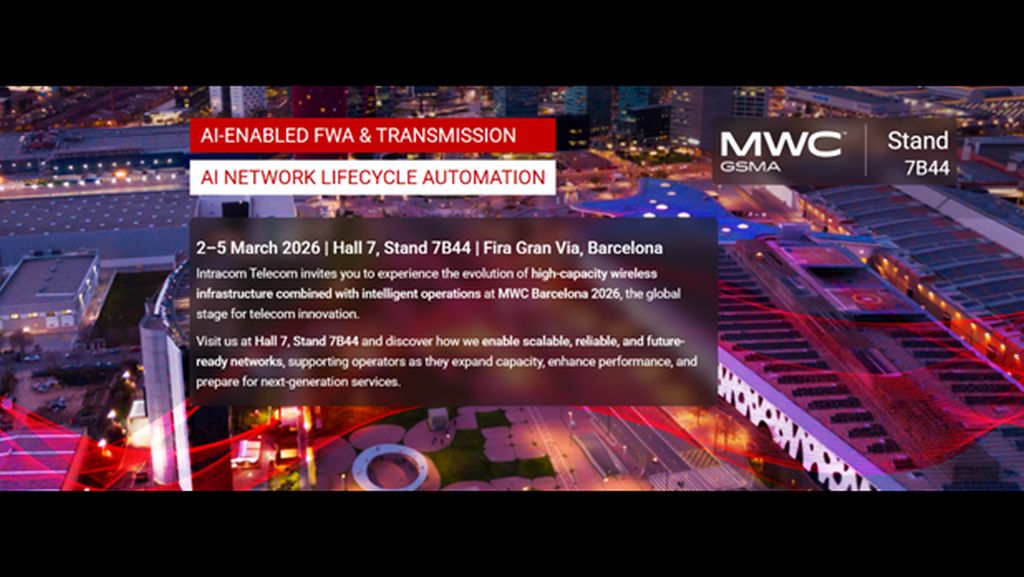To meet the growing demand from the beneficiaries, the managers who deal with these trends need to change or adapt their strategies accordingly.
1. Workplace management
Companies are interested in and are implementing more and more alternative solutions and new ways of managing the workspace, on the one hand to promote their corporate identity and on the other hand to create a more efficient working environment. Flexibility, agility, innovation, and productivity are just a few of the factors that are considered in the new business environment. The traditional workspace will soon become an alternative to the current one. For Facility Managers, this will draw on the use of dedicated Workplace Management applications that will allocate workspaces to users. This approach will ensure in the first phase an efficient occupation of the building, and in the future, it will determine the way in which a building will be built and, implicitly, its design.
2. Health and wellbeing
Over the next 10 years, increased attention will be paid to health at work. We will face an increase in the number of diseases or illnesses due to work-related stress such as diabetes or high blood pressure. Digitization will significantly contribute to relieving people from routine, repetitive tasks by increasing the ability of machines to replace the human factor. Statistically, in Europe at this time, over 30% of Integrated Facility Management revenue comes from the public health sector. Therefore, the trend will lead to the design and construction of buildings that promote a more comfortable and productive lifestyle in the future.
3. Sustainability
Global warming is and will be one of the biggest sustainability challenges in the coming years in the medium and long term. To become more carbon-efficient and less energy-consuming, countries all over the world will have to restructure their economies and infrastructure. These challenges have and will have a major impact and increased consequences in the Facility Management Services industry. They will affect both processes and procedures related to maintenance, but especially the design of buildings.
4. Demographics
Attracting, recruiting and retaining the workforce is and will continue to be a challenge for all types of organizations. These processes will become more complicated as factors related to motivating people from different generations and of different ages will become growingly challenging. For Facility Managers, the biggest issue will be to identify and understand the motivational factors for each age group and then to have the knowledge, availability and flexibility to meet their expectations.
5. Technological evolution
Facility Managers already incorporate many innovative technologies to increase productivity, reduce costs, or simply reduce or eliminate the risk of human error in operating equipment – all with the goal of increasing service quality. The following terms will become increasingly used in relation to the Facility Management sector: smart buildings, smart Wi-Fi, IoT, block chain technology, virtual reality, artificial intelligence.
Facility Managers should include not only property management skills in their set of competencies but fully participate in designing the strategy. Buildings and other properties must be designed, built and managed to increase the brand awareness of the organizations, support their corporate culture, and contribute to adding a greater value to the communities they serve. That is why the designer, the developer and the Facility Manager must constantly work together to provide this strategic value both in the short- and long-term. Now and in the future, the emphasis will be on maximizing the utilization rate of a building, correlated with any new approach that offers greater return on investment.


































